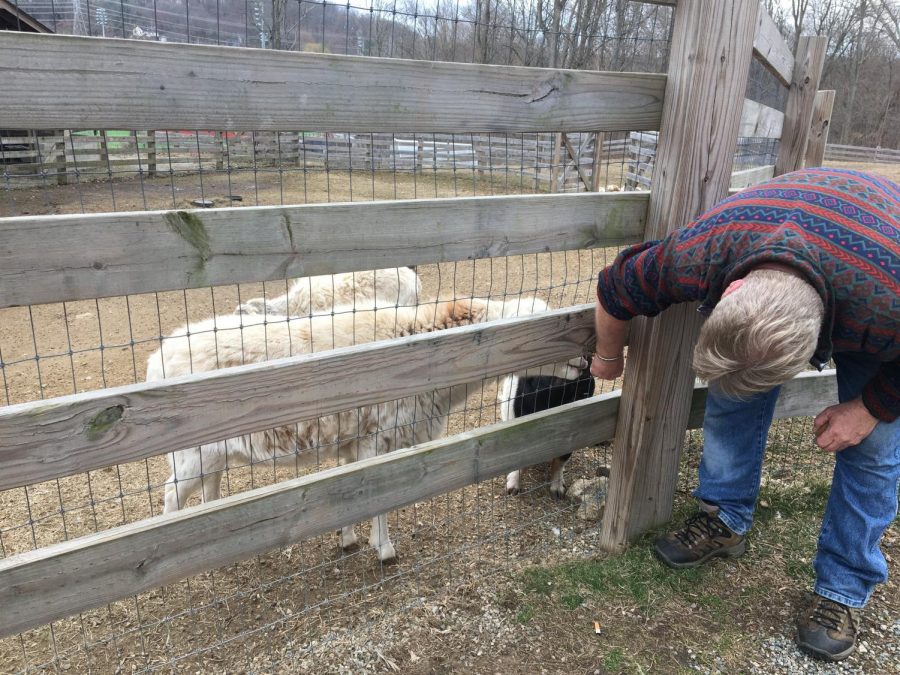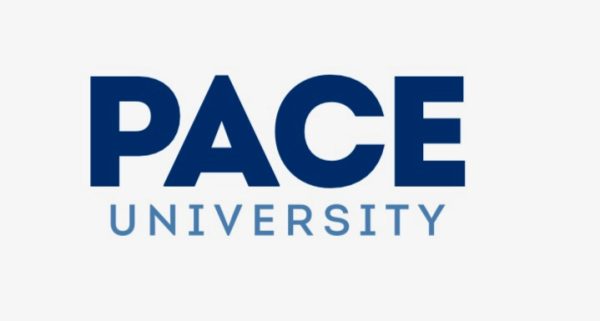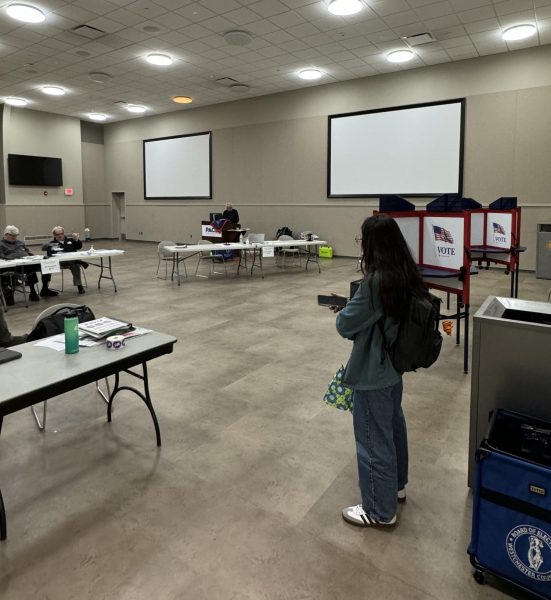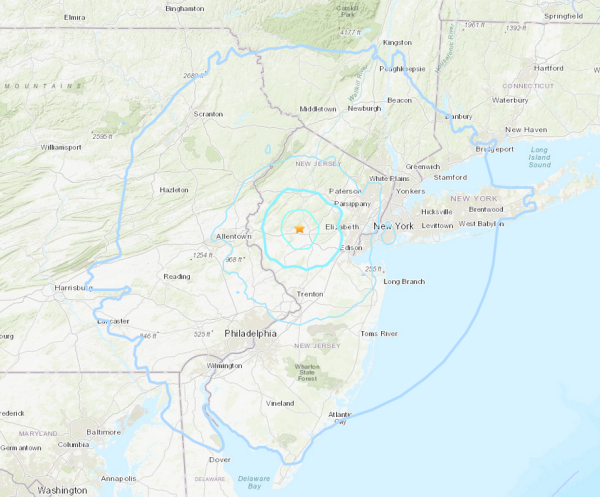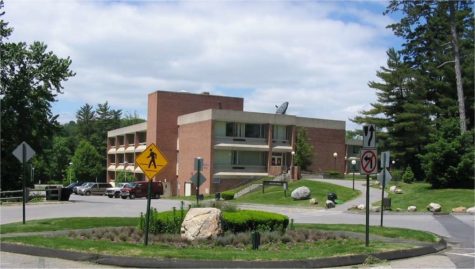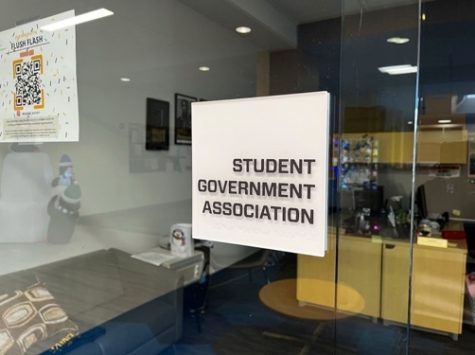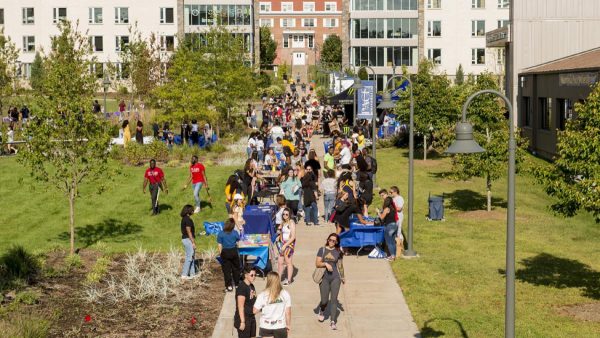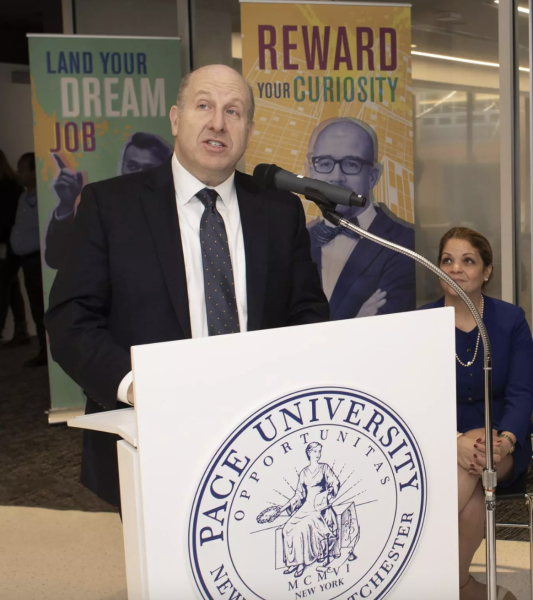Who cares for Pace’s animals during virtual learning?
With campus nearly vacant, what will come of Pace’s farm animals and fish in the biology lab?
Assistant Director of the Environmental Center Jim Eyring feeds some of the farm’s sheep and pigs. Eyring will be one of the center’s staff members staying to care for the animals while online classes are in place.
March 15, 2020
On the evening of March 10, 2020, Pace University announced that it would switch to remote learning from the 11 to the 29 to reduce the risk of spreading COVID-19 among the Pace community. While the transition has been an adjustment for students and professors, humans are not the only ones impacted by this new state of operations.
Pace’s farm is home to goats, pigs, sheep, chickens, turkeys, ducks, hawks, falcons and owls. These animals are incorporated into different learning experiences. Some of the birds of prey are either being rehabilitated for eventual release back into the wild, while others have injuries too severe to permit release and must reside here permanently.
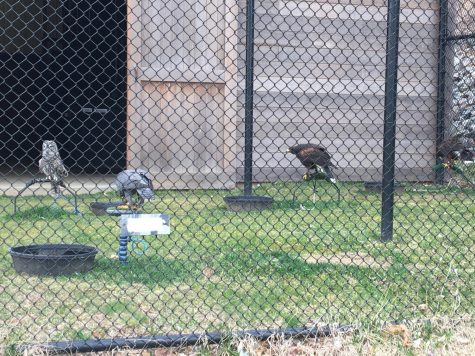
These are some of Pace’s farm’s resident raptors. They, like the other farm animals, will need to be tended over the course of the university’s online education period.
Meanwhile, the Biology Department is raising 400 zebrafish for research projects relating to sensory cell regeneration and neurobiology. Potential applications of the research range from therapies for treating hearing loss to gaining deeper insights into autism spectrum disorders.
Both the fish and the farm animals need to be fed daily and have their habitats cleaned on a regular basis. To ensure that these animals could be kept alive and healthy despite Pace’s current state of operation, members of the Biology and Environmental Science departments had to come up with contingency plans for maintaining them.
According to Aaron Steiner, an assistant professor in the Biology Department, two measures have been taken to protect the wellbeing of the department’s zebrafish. He coordinated with security and the Director of Environmental Health and Safety to ensure that a group of student volunteers and research assistants would be permitted to return to campus in shifts to care for the fish. All he had to do was provide a list of names.
“They’ve been very helpful in developing an emergency plan and accommodating our needs as researchers,” Steiner said.
As an extra precaution, Steiner also moved some of the fish to an alternate facility, where a colleague will host them for the time being.
“It takes years to generate these fish so that we can get the strain we want with properties useful for our research,” Steiner said. “They’re very precious to us, and we don’t want to lose any of our special strains.”
So far, the Environmental Center has been able to operate as normal. However, in the event that the campus had to be fully shut down, they compiled a list of staff members who would be granted access to campus to care for the farm animals. Jim Eyring, Assistant Director of the Environmental Center, is one of those staff members.
“Someone’s gotta be here,” he said. “And I don’t mind. I like what I’m doing. All the animals will be fine.”
Angelo Spillo, director of the Environmental Center, also expressed an optimistic view about the care of the animals during this time.
“I’m not worried about the animals,” he said. “They’ll be okay. This whole thing is just a bit of an inconvenience, but I think that it’s a good step to take. It’s a shame that the virus is impacting so many people. I think a large part of the problem is that it’s just something we haven’t experienced before.”
Eyring is optimistic when it comes to the coronavirus outbreak.
“I’m hoping this whole virus thing will just be a lot of hype, like Y2K. I hope everyone fairs well, and I look forward to everyone returning. I’ll be here caring for the animals, and Dot [the center’s Border Collie] will be here keeping the geese off the pond.”
Continue to visit pacechonicle.com for updates on the effects of COVID-19 in our community.

